When it comes to funding options for businesses, asset finance and crowdfunding are two popular choices. Both options can provide much-needed funds for businesses to invest in growth and expansion. However, each option has its own advantages and disadvantages. In this article, we will compare asset finance and crowdfunding, to help businesses decide which funding option is best for them.
Asset Finance
Asset finance is a form of funding that allows businesses to purchase assets, such as equipment, machinery, or vehicles, without having to pay the full purchase price upfront. Instead, the business borrows the money and makes regular repayments over a set period of time. The asset being purchased is used as security for the loan.
Advantages of Asset Finance
Low Risk
Asset finance is a low-risk option for businesses, as the asset being purchased is used as security for the loan. This means that if the business defaults on the loan, the asset can be repossessed by the finance provider. This reduces the risk for the finance provider, which can result in lower interest rates and fees for the business.
Fixed Payments
Asset finance typically involves fixed payments, which can help businesses to manage their cash flow more effectively. This means that businesses can plan their repayments in advance, and avoid unexpected expenses.
Access to High-Quality Assets
Asset finance allows businesses to access high-quality assets, without having to pay the full purchase price upfront. This can help businesses to improve their productivity and competitiveness, by investing in the latest technology and equipment.
Disadvantages of Asset Finance
Limited Funding
Asset finance is typically limited to the value of the asset being purchased. This means that businesses may not be able to access the full amount of funding they need, particularly if they need to invest in multiple assets.
Additional Costs
Asset finance can come with additional costs, such as arrangement fees and interest charges. These costs can add up, and make asset finance a more expensive option than it first appears.
Crowdfunding
Crowdfunding is a funding option that allows businesses to raise money from a large number of individuals, typically through an online platform. Businesses can create a campaign, outlining their project or product, and ask for donations or investments from the public.
Advantages of Crowdfunding
Access to a Large Pool of Investors
Crowdfunding allows businesses to access a large pool of potential investors, who may be willing to invest in their project or product. This can help businesses to raise a significant amount of funds quickly, without having to rely on traditional funding sources.
Marketing and Publicity
Crowdfunding can also provide businesses with valuable marketing and publicity. By creating a crowdfunding campaign, businesses can generate interest in their project or product, and raise awareness of their brand.
Low Risk
Crowdfunding is a low-risk option for businesses, as they do not have to repay the funds raised if their campaign is not successful. This means that businesses can test the market demand for their project or product, without incurring any financial risk.
Disadvantages of Crowdfunding
Uncertain Funding
Crowdfunding is not a guaranteed source of funding, as the success of the campaign depends on the willingness of individuals to invest in the project or product. This means that businesses may not raise the full amount of funds they need, or may not raise any funds at all.
Time-Consuming
Crowdfunding can be a time-consuming process, as businesses need to create a compelling campaign, and actively promote it to potential investors. This can take a significant amount of time and resources away from other business activities.
Asset finance and crowdfunding are two popular funding options for businesses. Asset finance can provide businesses with access to high-quality assets, while crowdfunding can help businesses to raise funds quickly and generate valuable marketing and publicity.
Looking for asset financing for your business? Get in touch with us at Funding Bay.
Check out our asset finance calculator.



